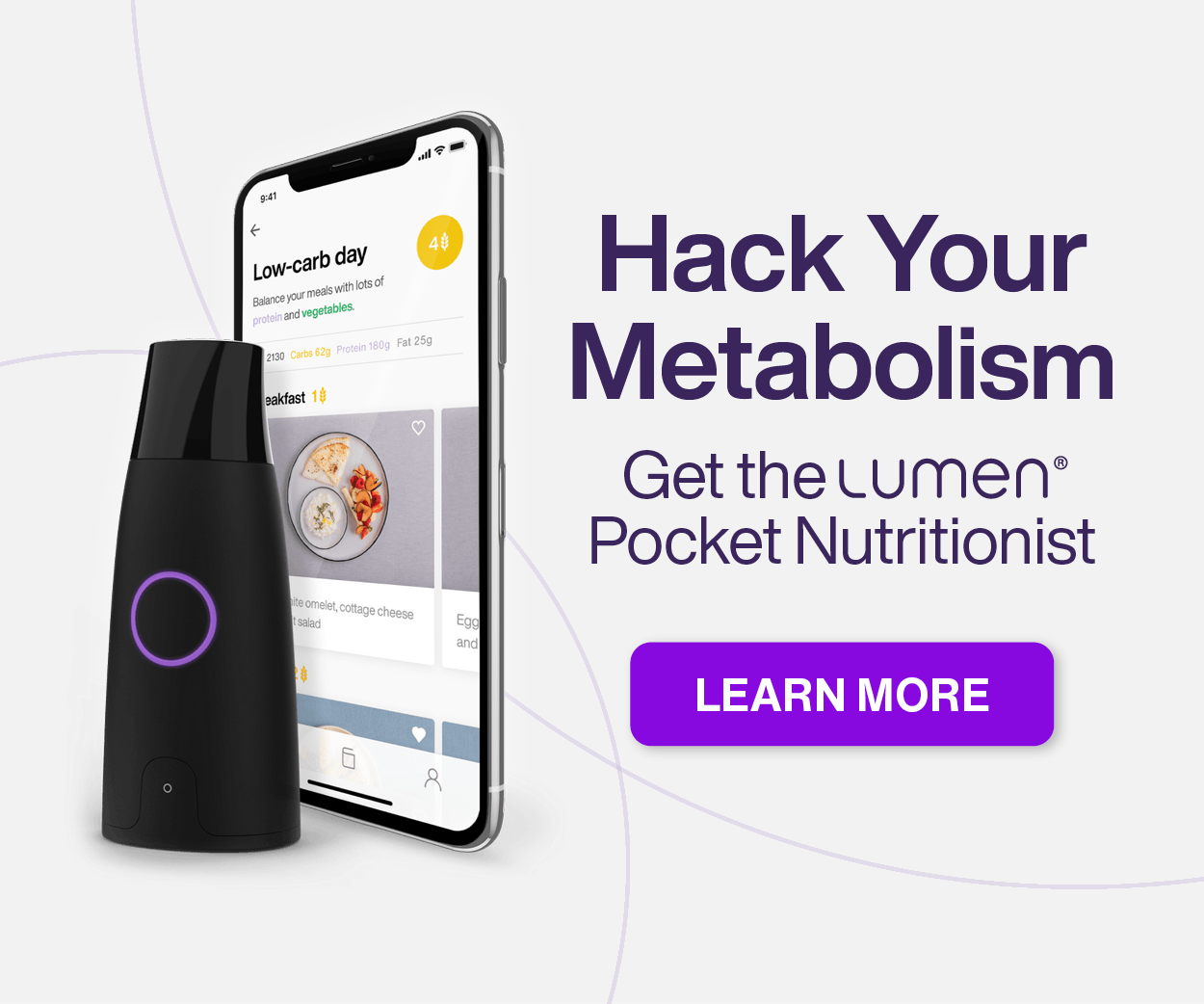Snacking has become kind of a hot topic in the world of nutrition, and with good reason. For many years now, the diet books and the fitness world in particular have been promoting the concepts of “grazing,” “snacking,” or eating several small meals throughout the day as opposed to the traditional 3 squares. At first, it seemed like the answer to all our problems. Hypoglycemia (or blood sugar issues) was on the rise in addition to the frightening prevalence of obesity. Even otherwise healthy people who watched what they ate and stuck to their diets were struggling with weight that was fluctuating more than was normal or desirable. When the merits of several small meals started to be touted in the media and in new diet books, it seemed like an easy, fun cure-all: Eat all the time and still lose weight! Never get shaky or experience symptoms of low blood sugar again! Never go hungry! The logic behind it seemed very solid. If we never let ourselves get to the point of extreme hunger, we will make better choices about what we eat (and how much) and our blood sugar will stay stable with a steady stream of fuel to burn. Feeding your metabolism all the time keeps it humming and burning fat, right?
Apparently, wrong.
Studies have shown that there is absolutely no connection between eating several, smaller meals throughout the day and weight loss. Additionally, according to a study conducted by Dr. John Douillard in 2000 (as well as centuries of tradition among healthy eaters), we actually burn more fat, are able to lose more weight, and can permanently cure blood sugar instability by taking the exact opposite approach. According to Dr. Douillard, breakfast and lunch should be the two biggest meals of the day. They should be balanced, and large enough to get you through to the next meal without feeling hunger. Dinner should be the lightest meal of the day, allowing your body to maximize its fat burning potential between the hours of 10pm and 6am. The study showed that eliminating snacks completely from your diet will actually allow your body to burn fat and calories throughout the day, as opposed to perpetually only burning off the last small bit of food that you ate. After several days of eating this way, you will experience significantly less food cravings, less hunger, and less blood sugar fluctuations.
I myself have been experimenting with this theory for the last month or so, and have noticed remarkable changes. I have struggled with hypoglycemia for as long as I can remember.. if I didn’t have a snack with me at all times, I would experience symptoms like shakiness, headaches, irritability, and dizzy spells. If I missed a meal, disaster would strike. In between my small, frequent meals, I always felt a little hungry, and despite making sure the foods I was eating were really healthy, I still felt as though I was gaining weight. Then, a little over a month ago, I started working at a place where super healthy, bountiful breakfasts and lunches were provided every day… I was so excited about all the amazing food, that I starting eating huge lunches (like, dinner-sized lunches) every day, in addition to a yummy breakfast of sprouted whole grain toast with almond butter and some fruit. At first, I was worried that this job was going to make balloon from all the eating, but I noticed exactly the opposite result! My breakfasts and lunches were so fulfilling that I was never hungry enough to even justify eating a snack (and believe me, the snacks at this place are amazing), and by the time dinner rolled around, I often didn’t need more than a super light meal, and some days, nothing at all! I haven’t had a single hypoglycemic incident, and have actually noticed that I am losing weight.
Try it for yourself! For a couple of weeks, try eating a healthy, balanced breakfast (make sure to include a protein like a nut butter or eggs in addition to whole grains and a fruit or vegetable) and large lunch (again, lots of whole grains, vegetables, some protein and healthy fats). As long as its healthy, whole, organic food, you can feel free to eat as much as you need to feel full (comfortably full, not sleepy full). And try not to snack until dinner time. Really check in with your body if you feel the urge to eat something throughout the day… are you really hungry or is it just a force of habit, or a reaction to stress? Keep dinner light, some soup and/or salad, or a light, healthy entree. And above all, drink tons of water throughout the day. I really think you’ll be surprised at what you will find!
















Leave a Reply